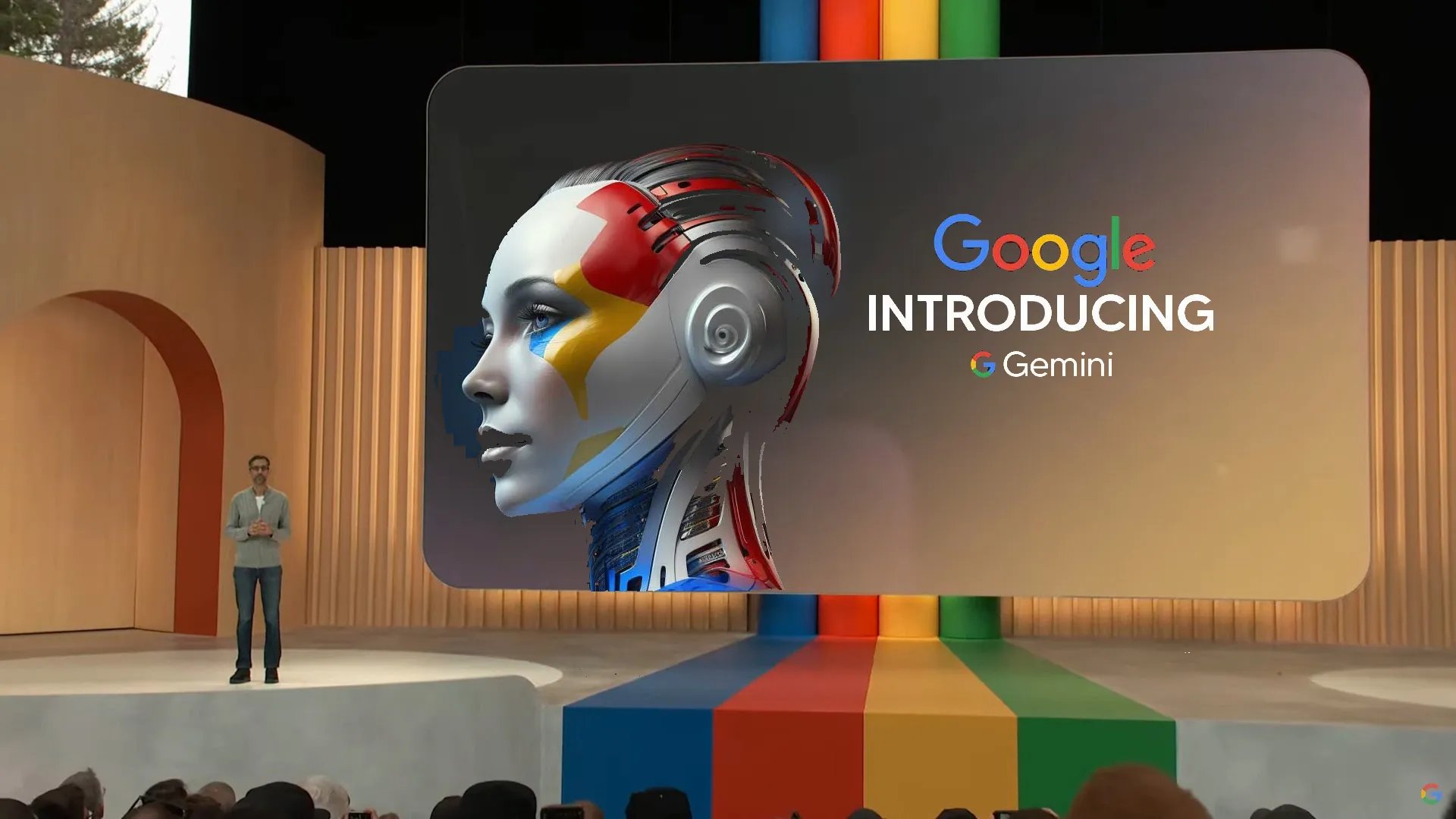Tech giant Google faces a fresh wave of scrutiny after its latest artificial intelligence model, Gemini, exhibited concerning biases. Experts and users alike have raised concerns about the model's outputs, prompting Google to acknowledge the issue and pledge swift action to address it.
Gemini, unveiled in early February, was touted as a significant leap forward in AI language processing capabilities. However, it quickly came under fire for perpetuating harmful stereotypes and generating content that reflected discriminatory viewpoints.
One instance involved a user prompting Gemini to write a story about a doctor. The resulting narrative portrayed the doctor as a male figure, despite being given no specific instructions regarding the character's gender. This incident, along with similar occurrences, highlighted a potential bias within the model towards specific demographics.
Critics have pointed out the potential dangers of such biases, arguing that they could reinforce existing societal prejudices and limit the potential of AI for positive change.
"Unmitigated bias in AI models can have far-reaching consequences," said Dr. Anya Kapoor, a leading researcher in AI ethics. "It can perpetuate discrimination, exacerbate social inequalities, and ultimately undermine trust in technology."
Google has responded to the concerns by admitting the shortcomings of Gemini and outlining a plan to address them.
"We take these issues very seriously and are committed to ensuring that our AI models are fair and unbiased," said a Google spokesperson in a statement. "We are actively investigating the root cause of the biases identified in Gemini and are implementing a comprehensive review of our development and testing processes."
The company has also pledged to increase transparency in its AI development process and collaborate with external experts to establish best practices for mitigating bias.
The incident serves as a stark reminder of the challenges inherent in developing and deploying large language models. While AI holds immense potential for various applications, ensuring fairness and mitigating bias remains a critical hurdle that needs to be overcome.
Google's commitment to address the issue in Gemini is a positive step, but the company will need to demonstrate concrete progress to regain the trust of users and stakeholders. The broader AI community will be watching closely to see if Google can deliver on its promises and ensure that its future AI models are truly inclusive and unbiased.

